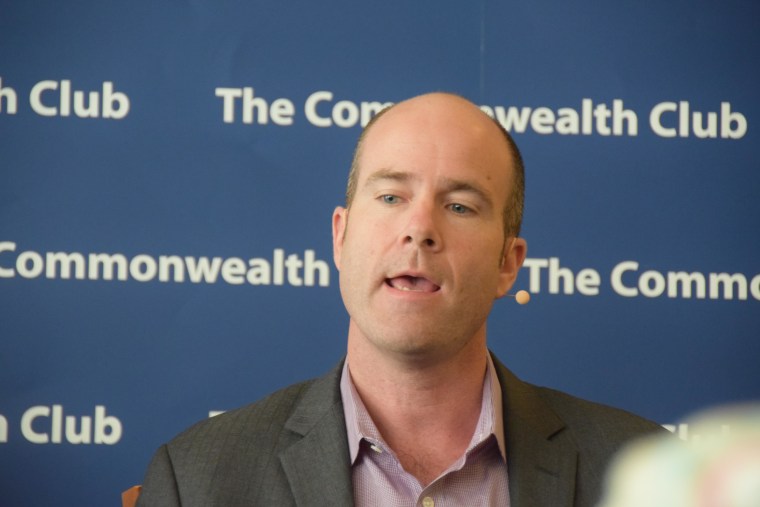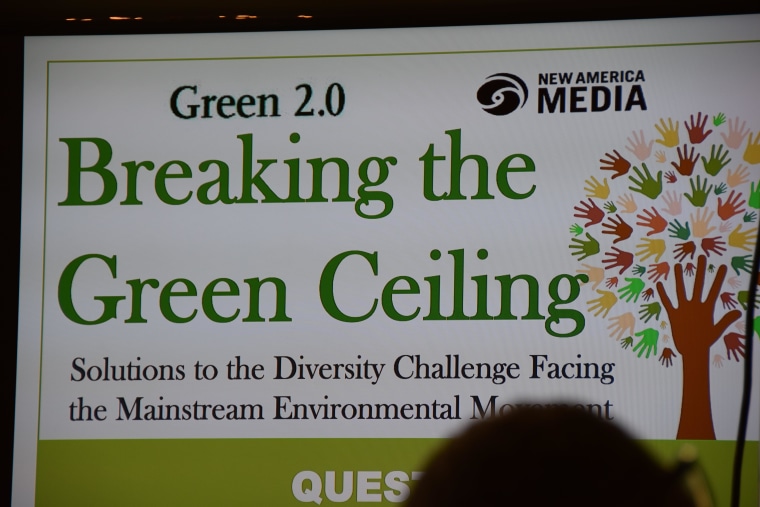Goaded by a 2014 report showing abysmal representation of Latinos, Blacks and Asians in their ranks, leaders of the environmental movement have vowed to recruit more minorities to their cause, in an effort to create a new, more diverse "Green 2.0."
Michael Brune, executive director of the Sierra Club, the nation’s oldest and largest environmental organization, said his group's past anti-immigrant stance has only hurt the organization and the cause. In 1997, the Sierra Club supported limiting the annual immigration ceilings from 900,000 to just 200,000.
“It did set us back,” said Brune in an interview with NBC News. “In our past, whenever the Sierra Club or any environmental group took a position that alienated us from the population it only made us weaker.”
The Club adopted a neutral stance on immigration three years ago as a compromise.
“It was immoral, ineffective and intolerable,” said Brune. “It was a big problem, it was an embarrassment frankly for the organization.”
But his organization, Brune says, has new policies that are “180 degrees different.”
As part of the “Green 2.0” working group, the Sierra Club has joined other non-profits and NGOs that realize diversity must be a priority. A report released last year showed that whereas minorities make up nearly 40 percent in society, they have yet to reach 16 percent in environmental organizations-- creating a virtual green ceiling.

Rhea Suh, the Korean-American head of the Natural Resources Defense Council as of 2015, is one of the first minority women to serve as the group's president, and has been very vocal about the need for the green movement to represent the people it aims to serve.
“I’ll be damned if I leave the world for my daughter in the same place that I found it,” she said at January NRDC press conference in Washington, D.C. “I’ll be damned if I allow her, in 20 years, to walk into a ballroom, and she feels like she doesn’t belong there.”
"we have redoubled and affirmed our commitment to be as diverse and inclusive, in part because it will help us win."
Peggy Saika, president of the Asian Americans/Pacific Islanders in Philanthropy, called Suh’s appointment, along with “Green 2.0,” real “game changers” in the name of diversity.
Brune agrees that in order to be effective, environmental groups need to evolve. The group said it will gather more data to aid in developing effective diversity strategies. That includes building a better pipeline of candidates, and creating work environments where diverse hires can succeed.
“So we have redoubled and affirmed our commitment to be as diverse and inclusive," he said," in part because it will help us win."

Follow @NBCAsianAmerica on Twitter and like NBC Asian America on Facebook.